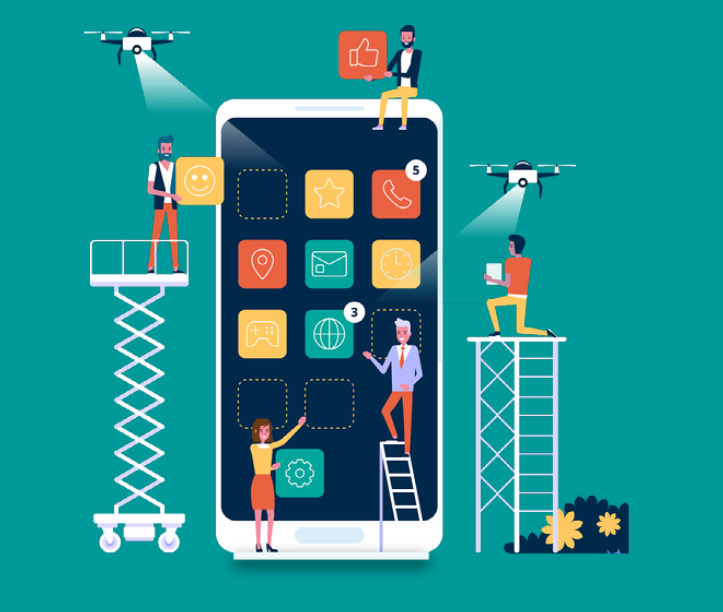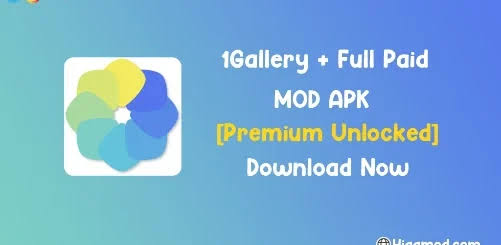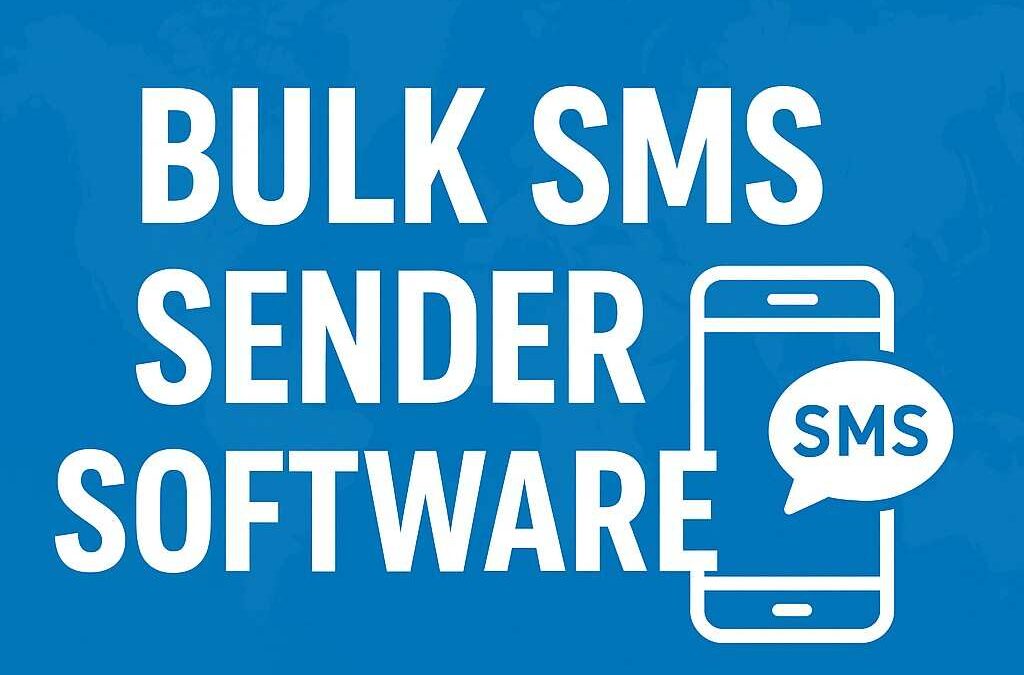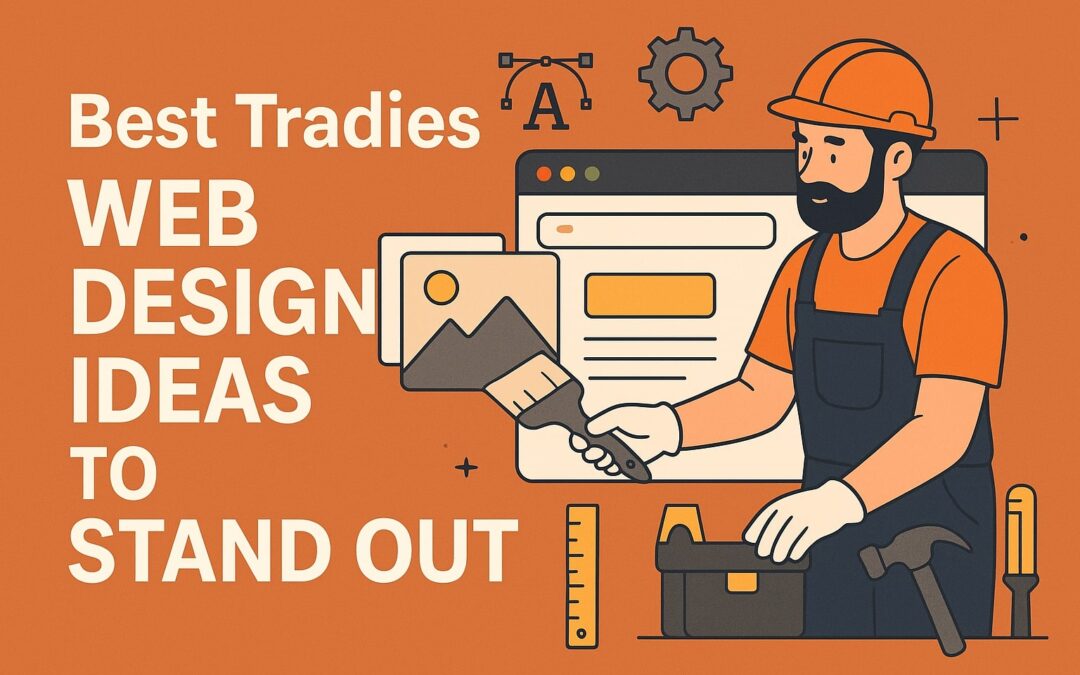The world around us is rapidly evolving, and at the heart of this transformation lies the Internet of Things (IoT). From smart home devices that automate daily chores to wearable tech that monitors health in real-time, IoT has redefined how humans interact with technology. But IoT wouldn’t be as impactful without the seamless integration of mobile apps after all, apps serve as the command center that connects users to their devices. For businesses looking to enter this space, partnering with a top mobile app development company becomes essential to build innovative, user-friendly applications that unlock the full potential of IoT ecosystems.
In this blog, we’ll dive into the synergy between IoT and mobile apps, explore how they are shaping connected ecosystems, highlight the benefits and challenges, and uncover what the future holds for businesses investing in this powerful combination.
Understanding IoT and Its Integration With Mobile Apps
At its core, IoT is a network of interconnected devices that collect, share, and analyze data through sensors and cloud systems. These devices from smart thermostats to connected cars rely on mobile apps to provide users with control, monitoring, and insights.
For example:
-
A user can adjust their home’s lighting system with a mobile app.
-
Fitness trackers send real-time updates to health apps for monitoring activity.
-
Businesses use IoT-powered apps to track logistics and optimize supply chain management.
This interconnected ecosystem bridges the physical and digital worlds, allowing seamless interaction through intuitive app interfaces.
Why IoT and Mobile Apps Work Hand in Hand
Mobile apps are the natural interface for IoT because of their accessibility and versatility. Nearly everyone owns a smartphone, making apps the most effective medium for users to manage their IoT devices.
Here’s why they work so well together:
-
Real-Time Control – Mobile apps give instant control over IoT devices, allowing users to act immediately.
-
Data Visualization – Apps present IoT data in a user-friendly format, making analytics accessible to non-technical users.
-
Enhanced Security – Apps integrate biometric authentication and encryption to secure IoT data.
-
Personalization – Apps can customize IoT device behaviors based on user preferences and routines.
Together, IoT and mobile apps create a holistic ecosystem where convenience, efficiency, and automation thrive.
Key Industries Benefiting From IoT-Enabled Mobile Apps
1. Healthcare
IoT-powered mobile apps track patient vitals, medication schedules, and remote health monitoring. Smartwatches and connected medical devices are revolutionizing telemedicine and preventive care.
2. Smart Homes
Apps controlling lighting, heating, and security systems have become mainstream. IoT home automation apps enable homeowners to save energy, enhance security, and simplify daily living.
3. Automotive
Connected cars use IoT apps for navigation, predictive maintenance, and vehicle tracking. Tesla’s mobile app, for example, lets users check battery levels, unlock doors, and even summon the car.
4. Retail
Retailers are adopting IoT apps for inventory management, personalized shopping experiences, and supply chain optimization.
5. Manufacturing
IoT apps enable predictive maintenance, equipment monitoring, and factory automation, reducing downtime and improving efficiency.
Features That Define Smart IoT Mobile Apps
When building an IoT-enabled mobile app, businesses must integrate features that enhance functionality and deliver value to users.
-
Seamless Connectivity: Integration with Wi-Fi, Bluetooth, or NFC to ensure smooth communication between devices and apps.
-
Cloud Support: Real-time data synchronization via cloud platforms.
-
Data Security: Strong encryption to safeguard sensitive user and device data.
-
Cross-Platform Compatibility: Apps that work across iOS, Android, and web interfaces for universal access.
-
AI & Automation: Intelligent insights, recommendations, and automated responses based on collected data.
-
Scalability: Ability to support an expanding network of devices as ecosystems grow.
The Role of Android Apps in IoT Growth
While IoT spans multiple platforms, Android holds a distinct advantage due to its global market share. The open-source nature of Android makes it easier for developers to create customized solutions for various IoT devices.
For businesses, investing in android app development services ensures they can reach a broader user base, especially in regions where Android dominates the market. From affordable smart home gadgets to enterprise-level IoT solutions, Android provides the flexibility and scalability necessary for diverse IoT ecosystems.
Business Benefits of Building IoT-Enabled Mobile Apps
Companies leveraging IoT mobile apps are not just improving user experiences; they’re unlocking powerful business opportunities:
-
New Revenue Streams – IoT apps open doors to subscription models, premium features, and device-as-a-service offerings.
-
Customer Insights – Data collected from IoT apps provides deep insights into user behavior, helping businesses refine products.
-
Operational Efficiency – IoT integration in mobile apps optimizes resource usage and reduces costs.
-
Competitive Edge – Early adoption of IoT-enabled apps positions businesses as forward-thinking industry leaders.
-
Customer Loyalty – By delivering convenience and personalization, businesses strengthen customer relationships.
Challenges in Building IoT Mobile Apps
Despite the opportunities, businesses must address certain challenges when developing IoT apps:
-
Security Risks: IoT devices are prone to cyberattacks if not properly secured.
-
Device Compatibility: Supporting multiple devices and protocols requires advanced technical expertise.
-
Connectivity Issues: Inconsistent networks can disrupt IoT performance.
-
Data Overload: Managing large volumes of IoT-generated data requires robust storage and analytics systems.
Partnering with experienced developers who understand both mobile app ecosystems and IoT infrastructure is critical to overcoming these challenges.
How to Build an IoT-Enabled Mobile App
Building an IoT mobile app requires strategic planning and execution. Here’s a step-by-step approach:
-
Define the Purpose – Clarify whether the app is for healthcare, smart homes, or industrial use.
-
Choose the Right Platform – Select between iOS, Android, or cross-platform frameworks.
-
Integrate Hardware & Software – Ensure seamless communication between IoT sensors, devices, and the mobile app.
-
Focus on UI/UX – Design intuitive interfaces for non-technical users.
-
Prioritize Security – Use authentication, encryption, and regular updates to safeguard the system.
-
Test Rigorously – Conduct multiple tests to ensure performance, reliability, and scalability.
The Future of IoT and Mobile Apps
IoT is still in its early stages, but its potential is enormous. In the future, we’ll see:
-
AI-Driven IoT Apps: Intelligent automation that anticipates user needs.
-
5G Connectivity: Faster networks that enhance IoT performance and reduce latency.
-
Cross-Device Ecosystems: Unified apps managing multiple aspects of a user’s life.
-
Blockchain Security: Decentralized systems ensuring safer IoT networks.
Businesses that invest early in IoT mobile app development will be at the forefront of this digital revolution.
Why Businesses Should Act Now
Delaying IoT integration means missing out on a market projected to grow into trillions of dollars globally. Companies that act now can establish leadership, attract early adopters, and shape consumer habits.
This is where partnering with the right tech partner becomes crucial. Businesses need not only a development team but also innovators who understand IoT’s complexities and future potential. Working with a web3 software development company is increasingly important as Web3 and IoT converge to create decentralized, secure, and user-owned ecosystems.
Conclusion
The combination of IoT and mobile apps is creating smart, connected ecosystems that simplify lives, improve businesses, and unlock new opportunities. Whether in healthcare, manufacturing, or smart homes, IoT-driven apps are setting new standards for convenience and innovation.
For businesses aiming to lead in this connected future, investing in IoT-enabled mobile applications is no longer optional it’s a necessity. By collaborating with experienced developers who specialize in IoT solutions, organizations can build secure, scalable, and user-friendly apps that define tomorrow’s connected world.







0 Comments